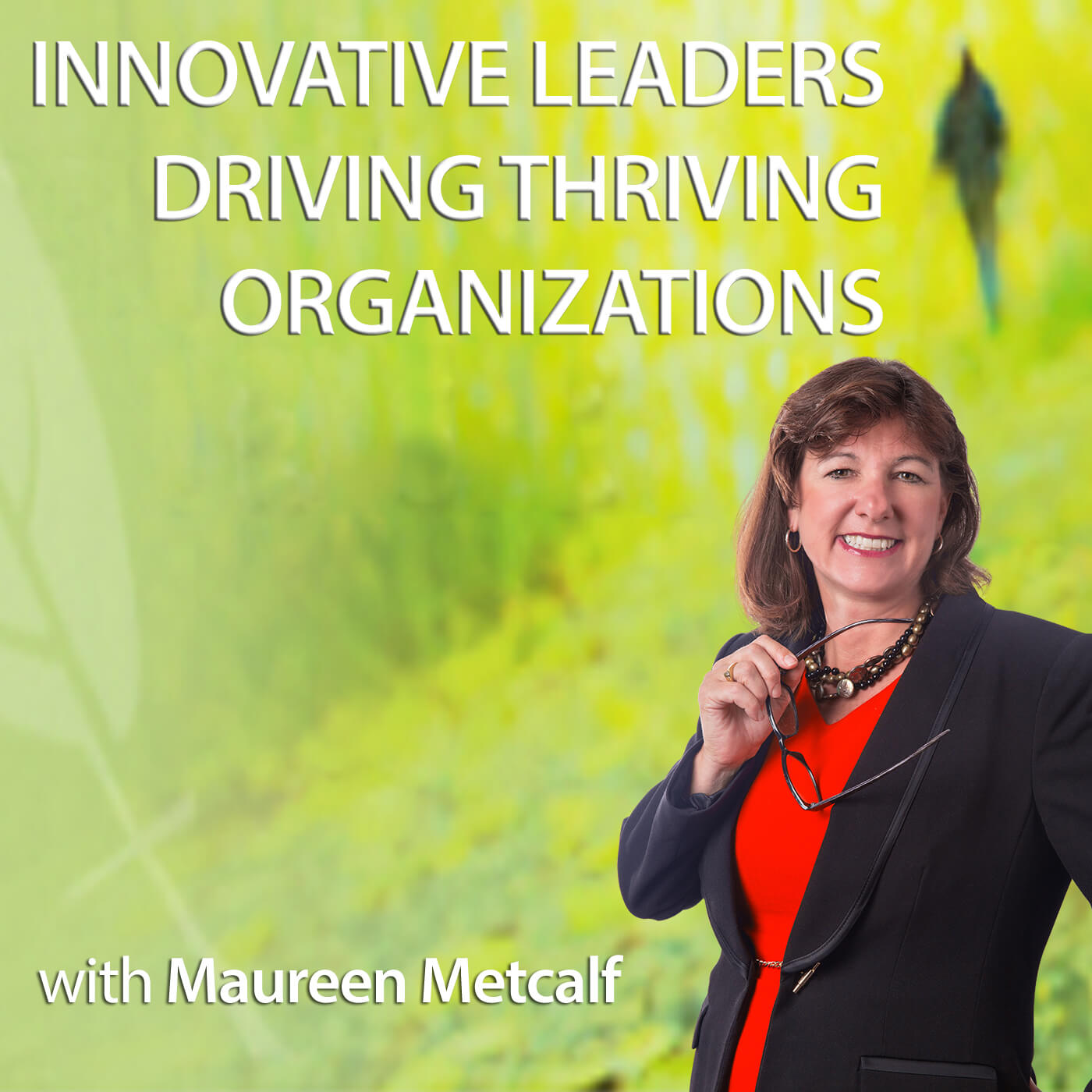This guest post by Paul Pyrz, President of LeaderShape. This is an excerpt from the forward Paul wrote for the Innovative Leadership Workbook for Emerging Leaders and Managers where Paul talks about the importance of developing emerging leaders. Paul is featured in the November 8 Interview focusing on how leaders live in possibility with Maureen Metcalf on VoiceAmerica.
âLeadership is a choice.â â Warren Bennis
This quote by Warren Bennis, widely known as a leadership author and leader in higher education, is my favorite. Hands down. It is simple, eloquent, easy to remember. And right. Clearly, this is my opinion, but as someone who has read and heard numerous quotes on leadership throughout my life, I keep coming back to this.
We have many choices to make in our lives. We can choose our career, our partner, our attitude, our dinner option, but perhaps there is no more important choice to make in our lives than how we are going to make a difference with the limited time we have on this planet. Far too many of us choose to live lives of insignificance and mediocrity because we donât see ourselves as leaders, or as even having the capability to make a difference in our communities much less our own lives. So we bounce from day to day without purpose or passion.
I have used this quote from Bennis quite often in my work leading a not-for-profit organization in an attempt to de-mystify the concept of leading. In attempts to define it, we have made leading far too complicated. I have been keeping a list of all the books on leadership that have thrown another adjective in front of âleadershipâ to sell their version of it. Ultimate leadership. Super leadership. Principled leadership. My favorites being liquid leadership, food leadership (seriously), and boot strap leadership. Go ahead, look for them on Amazon, or in the bookstore. They are there.
A good question to ask is, âWhy are there so many books out there on leadership?â Other than because it is a popular topic and people want to make money by window dressing their own version of leadership, I can think of only one other connected reason: People want to understand leadership.
They want to see how itâs defined and how to âdoâ it. So, they buy the books. We need leaders. We need them now more than ever. We long to be led. Really led. I donât care as much about the number of followers that a leader has as much as I want to see people using their lives to pursue something that they are passionate about and choosing to make the world a better place in a small (or large) way.
I am passionate about helping young people connect with the idea that they can lead. Not because they have a title next to their names, but because they have a passion, skill, or talent that the world needs, and they just havenât realized it yet. That is where the concept of emerging leaders comes into play. We need to do more to help leaders emerge, help young people, in particular, figure out that they can lead and know that we need them to lead. They donât have to be in front of the room, but they need to participate in the room. They donât need the title, but they need to act like they have it. They donât need followers, but they need to do something that is worth following. They need the patience to plant seeds, try new ideas, and fail miserably.
Emerging leaders need our support, our encouragement, and our willingness to set them loose and figure it out on their own. We cannot weigh them down with the ideas of the past and how past generations saw leadership. They need to make their own meaning of the concept and wrestle in the mud with hard conversations that produce hard solutions. They need us to get out of their way and give them room to grow with their own understanding and vision. They need a guide, not a prescription.
Jim Collins said that the enemy of great is being good, and that is precisely why we have so few things and institutions that are truly great. We need to push, we need to engage, and we need to help others realize that they, too, have the capability to lead. And then we can only hope that they choose to lead.
Enjoy the journey.
To become a more innovative leader, please consider our online leader development program. For additional tools, we recommend taking leadership assessments, using the Innovative Leadership Fieldbook and Innovative Leaders Guide to Transforming Organizations, and adding coaching to our online innovative leadership program. We also offer several workshops to help you build these skills.
About the Author
Paul Pyrz serves as the President of LeaderShape, Inc., a not-for-profit organization located in Champaign, Illinois. LeaderShape has been providing integrity-based leadership experiences for over 75,000 participants across the country and internationally for the past thirty years. Their organizational mission is to help create a just, caring, thriving world where all lead with integrity and live in possibility. Goal Statement/conclusion: I want this Voice America Series to provide valuable information to leaders and emerging leaders that will prepare them to lead their organizations in the dynamic times we currently face. The more highly effective leaders we have â the better the journey.






